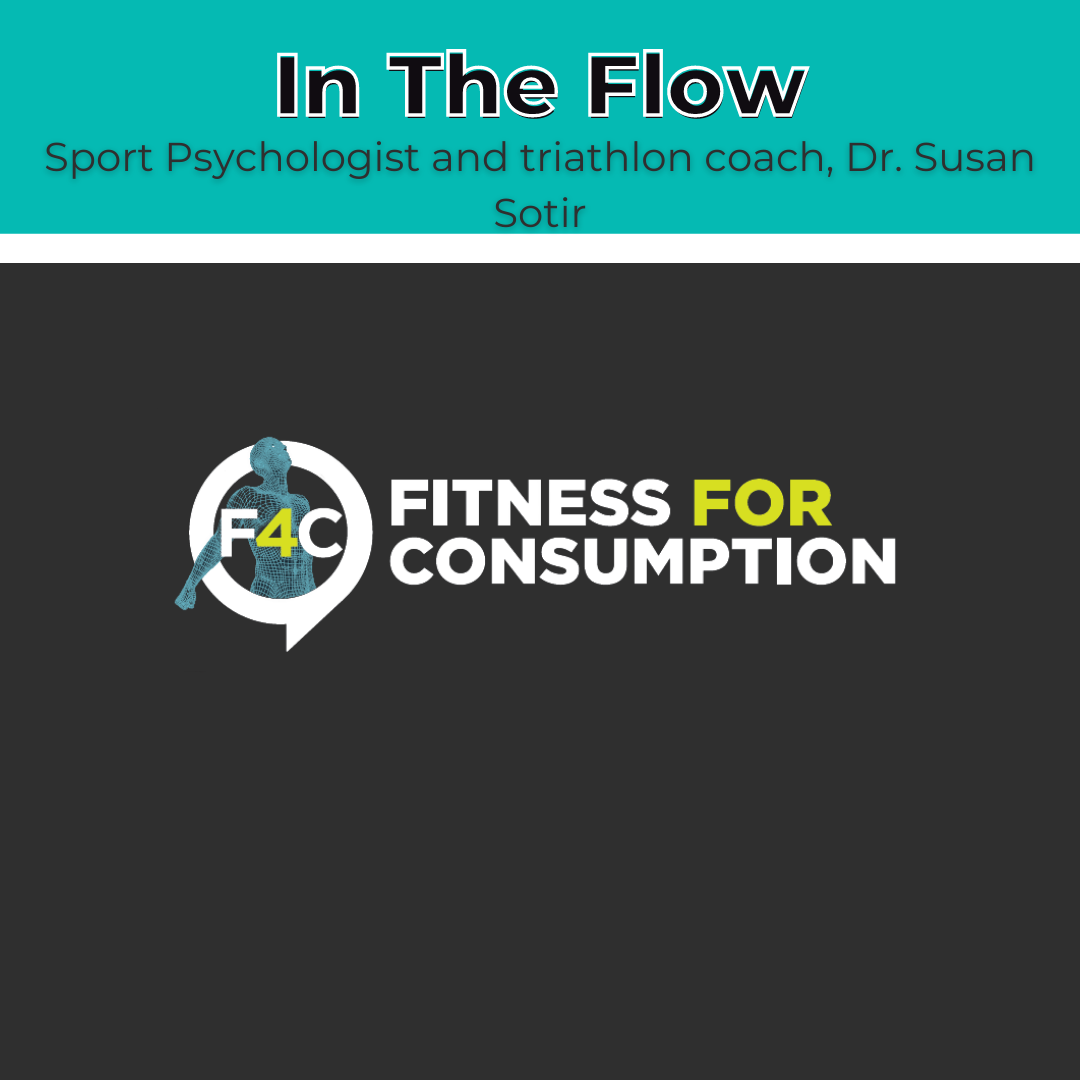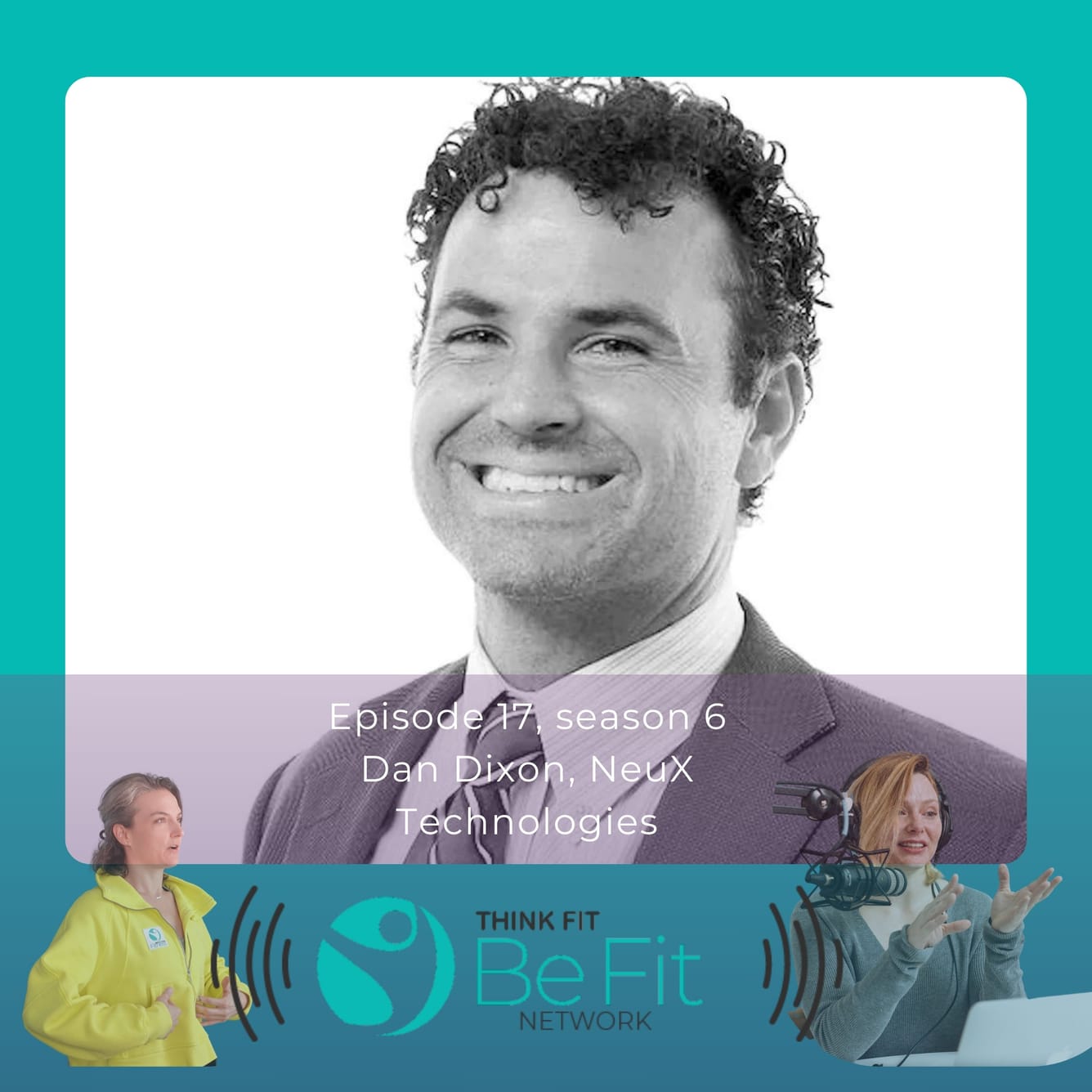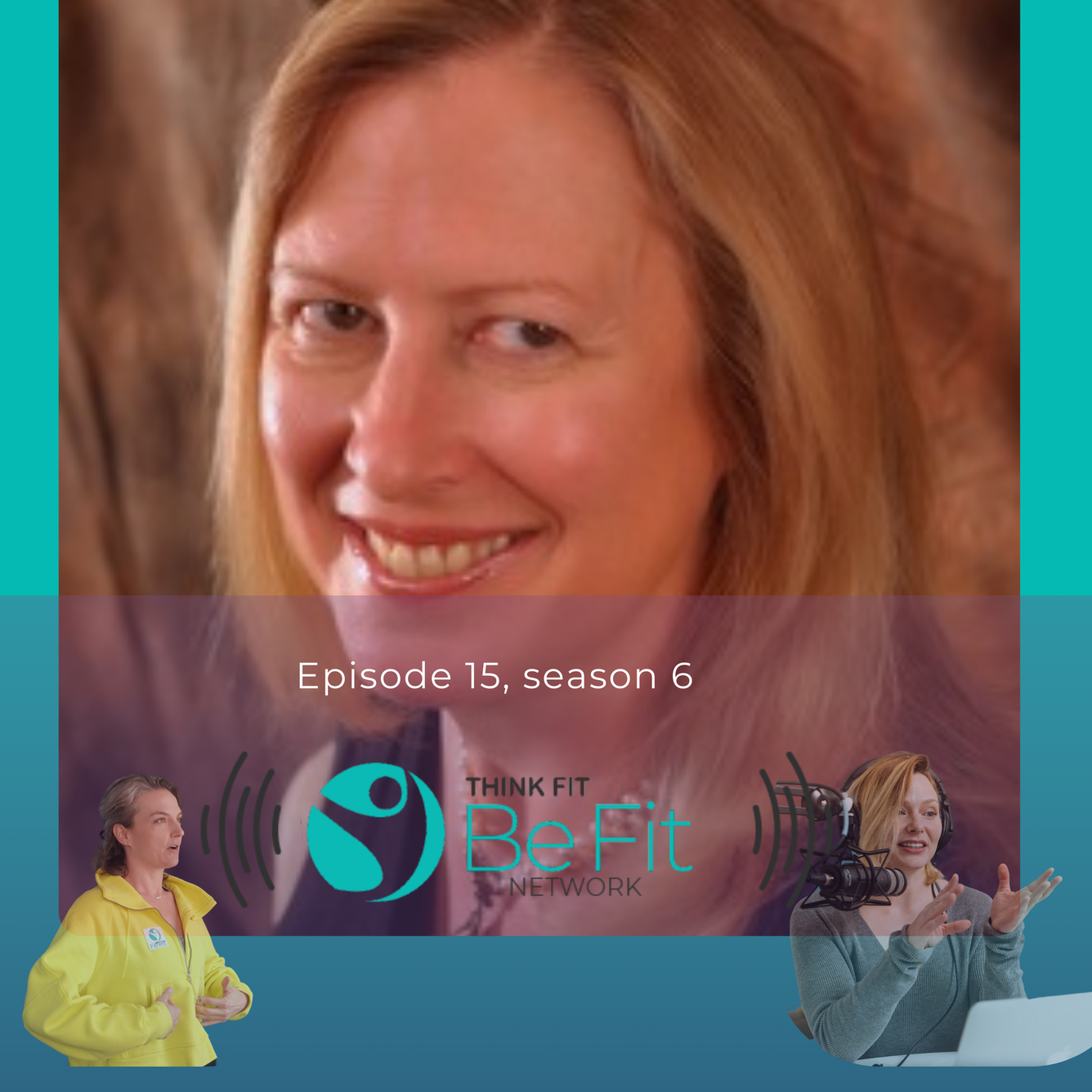In The Flow

Ready to be aroused? We’re not sure what you’re thinking, but we’re talking about skill here! Simply put, our ability to perform gross or fine motor skills is determined, in part, by how well we manage our state of arousal. Are we “locked in” and ready to go, or hyperstimulated, anxious and stressed? Whether you’re an athlete competing in the world championships or playing Chopin in a piano recital, you’ve probably had firsthand experience with how unmanaged arousal can hijack your intentions.
The antithesis of being stressed is achieving a state of flow. Ahhh, just saying it sounds relaxing. What does it mean to be in flow? Things seem to organize with less effort, we’re accomplishing tasks with precision, time seems irrelevant. In a nutshell, there’s an enjoyable ease to our activity.
Arousal and flow states are mentioned like other nebulous fitness terms, including “holistic” and “functional,” but what do they really mean? To answer our questions, we’re joined this week by Sport Psychologist and triathlon coach, Dr. Susan Sotir. Our conversation focuses on the psychological aspects of physical performance, including arousal, coping skills, and self-efficacy.
We turn to recent events in the sports world to explore the psycho-emotional challenges confronting world class athletes. And through our discussion of Dr. Sotir’s approach to managing cognitive load and improving mental focus and emotional readiness, we present a model for working with our own clients in a gym setting.
Of course, no episode during our season of skill will be complete without our guest’s perspective of the most difficult skill in sports.
In this episode we discuss:
- The definitions of arousal
- States of arousal needed for fine vs gross motor skills
- Do high level performers reduce their arousal or improve their coping skills?
- The questions Suzi asks her clients after performing a task
- Definition of flow and the conditions inherent in a flow state
- The biological ramifications of psychological states, why words can really matter
Glossary:
Arousal - A physiological response to a psychological experience
Flow - A model of optimal experience in which intrinsically motivated individuals achieve a level of focus in which they are fully invested in the present moment while eliminating negative feelings and distractions
Gross Motor Skill - A motor skill involving broad, general movement patterns, requiring the use of large musculature
Fine Motor Skill - A motor skill requiring precise movement control, typically involving hand and finger function and small muscle groups
References:
Csikszentmihalyi, Mihaly (1990). Flow: The Psychology of Optimal Experience. New York: Harper and Row
You might also like:


